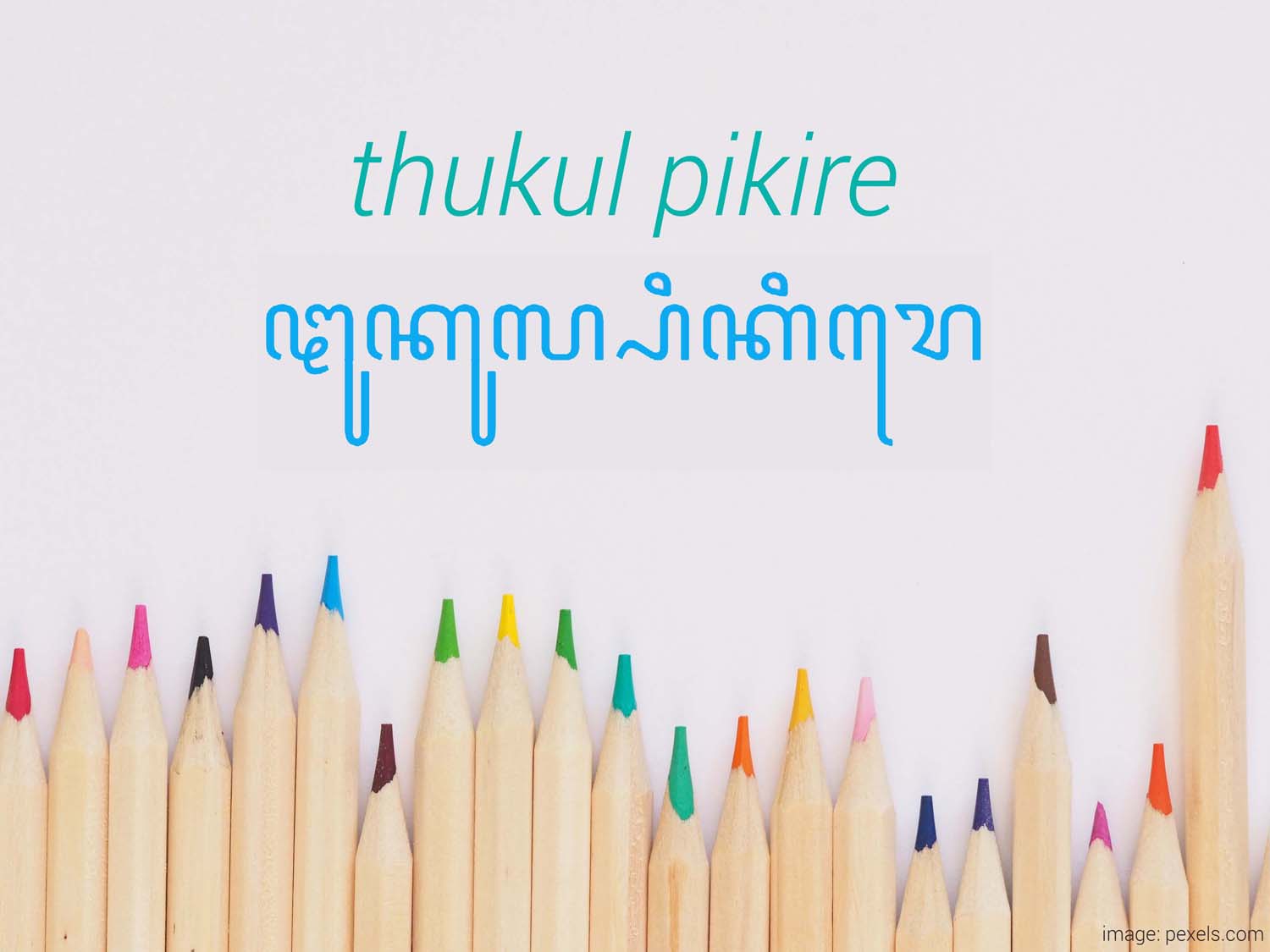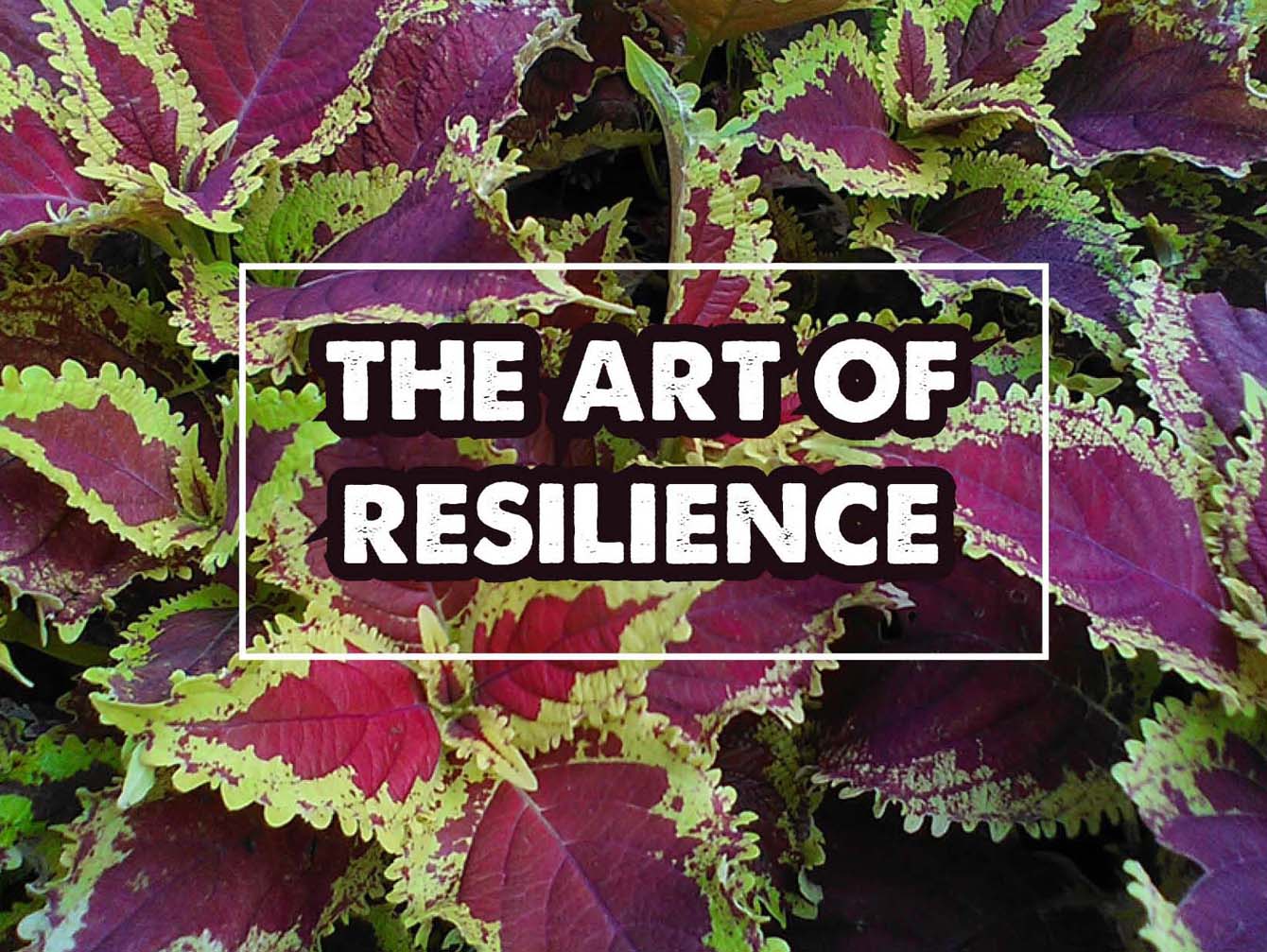Raden Ngabehi Ranggawarsita has long been known for his serats. In Javanese serat is a written message addressed to someone. Unlike common letters, “Serat Kalatidha” is presented in a likely monologic discourse. While the author seems to be criticizing the world around him, he is actually making a self-discovery.
Kalatidha consists of kala that means times and tidha that constitutes madness. Together Kalatidha makes the age of madness that Ranggawarsita deems to be happening. This work of his follows sinom meter in 12 stanzas. It is therefore relatively shorter than other serats including "Serat Jayengbaya" and "Serat Wirid Hidayat Jati".
Sinom is originally invented by Sunan Giri, one of the prominent propagators of Islam in Java known as Wali Sanga. Sunan Giri introduced Islamic teaching by way of cultural approach. In Javanese sinom equals young leaves of any plants as sinom is sung to carry religious advice for young people nearing adulthood.
Serat Kalatidha has remained relevant and seemed to permeate any era that it is noteworthy until today. Let us read the following passage taken from stanza 4-6 that makes up his Serat Kalatidha.
~ 4 ~
Kasok karoban pawarta | bêbaratan ujar lamis | pinudya dadya pangarsa | wêkasan malah kawuri | yèn pinikir sayêkti | mundhak apa anèng ngayun | andhêdhêr kaluputan | siniraman banyu lali | lamun tuwuh dadi kêkêmbanging beka ||
News has been circulating | that turns out to be false | he who is rumored to be ennobled | has been obviously ignored | but after serious rumination | would being a leader do any good? | that’ll just cause troubles | when treason is all that is | nothing but misery comes out of it
~ 5 ~
Ujaring panitisastra | awêwarah asung peling | ing jaman kênèng musibat | wong ambêk jatmika kontit | mêngkono yèn nitèni | pedah apa amituhu | pawarta lalawara | mundhak angrêranta ati | angur baya ngikêta cariteng kuna ||
Men of letters have suggested | words of warning | in this world of despotism | honest people are no longer hired | so after a scrutiny | it's futile to believe | in rumors | will just incur agony | productive we shall be in reminiscence of past stories ||
~ 6 ~
Kêni kinarya darsana | panglimbang ala lan bêcik | sayekti akèh kewala | lêlakon kang dadi tamsil | masalah ing ngaurip | wahananira tinemu | têmahan anarima | mupus pêpêsthèning takdir | puluh-puluh anglakoni kaelokan ||
Past stories hold valuable lessons | of the good and the bad | there are certainly lots of examples | exemplary journeys | problems in life | that we reap what we sow | it takes dutiful observance to run in destiny | where many things happen out of our logical reason.
Why the age of madness
"Serat Kalatidha" is so named especially after the seventh stanza that clearly contains the word edan meaning mad. We can observe the following statements that also represent Ranggawarsita's deep feeling back then.
~ 7 ~
Amênangi jaman edan | uwuh aya ing pambudi | mèlu edan nora tahan | yèn tan milu anglakoni | boya kaduman melik | kalirên wêkasanipun | dilalah karsa Allah | bêgja-bêgjane kang lali | luwih bêgja kang eling lawan waspada ||
Witnessing the age of madness | gets us on the horns of a dilemma | going with the flow would be unbearable | but resisting the flow | would exclude us from having | leading to starvation, perhaps | thanks to God's will | the forgetful is less fortunate | than those who remember and stay cautious ||
Survive the test
Reading "Serat Kalatidha" by Raden Ngabehi Ranggawarsita has provided us with insight and understanding that hoaxes are really dangerous. They have detrimental effect if we we let ourselves consume them. History has witnessed the triumph of Trump due to racial prejudice and deceptive hoaxes during the presidential election.
In this serat Ranggawarsita finally comes to be aware that he may be deceived by his own mind and interpretation. He finally comes to terms with the situation learning that indecision should not be confused with caution. Instead of incessantly wishing for something, he has determined to do the best possible with capabilities. What really matters is making a contribution without harming or humiliating other people.
This is the very mindset we need to build in order to prevail through any trials in the modern life; to survive the tests we know yet to come.


























